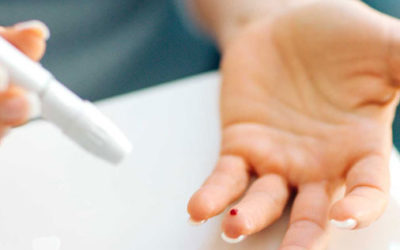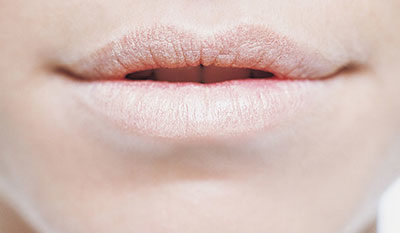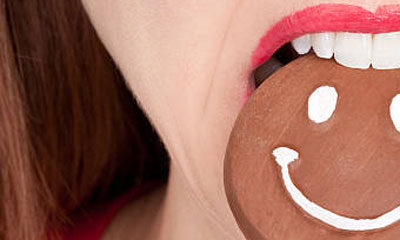Consuming sugar substitutes in lieu of sugar is an excellent choice for your body’s over-all health and functionality. But are they good for your teeth? As you well know, consuming sugar can lead to tooth decay and cavities. However, according to the science division of the American Dental Association sugar itself is not the cause of tooth decay and cavities.
In reality, dental caries are caused by the bacteria in dental plaque that thrive on sugar. As a byproduct the sugar eating bacteria produce an acid that eats away at tooth enamel which causes decay and eventually cavities. Sugar substitutes don’t have the same effect because oral bacteria can’t metabolize them like they do sugar. In fact, polyols, a family of sugar substitutes actually have anti-bacterial properties.
Also known as sugar alcohols, the members of the polyol family include sorbitol, maltitol, isomalt, and of course, xylitol. These naturally occurring sweeteners are derived from fruits, vegetables, and plant fibers. However not all polyols are created equally. In many clinical studies it has been confirmed that xylitol has superior oral benefits.
Aside from preventing the production of bacterial acid, xylitol also assists in keeping a neutral pH level in the mouth. These two effects of xylitol work hand in hand to stop acid-producing bacteria in their tracks. When the pH level of saliva and plaque do not fall, no acid is formed. Also, because oral bacteria cannot break down and metabolize xylitol, the amount of acid-producing bacteria may potentially decrease by as much as ninety percent.
In addition to xylitol’s impact on the population of acid-producing bacteria and their byproduct, xylitol is also capable of repairing damaged tooth enamel in certain applications. As an ingredient in oral care products that stimulate saliva such as chewing gum, tooth paste, and oral rinse, xylitol can help to revitalize damaged enamel. When xylitol helps to stabilize the pH balance and is contained in saliva, calcium and phosphate salts begin to fortify weakened enamel.
There is nothing to worry about in choosing xylitol as a sugar substitute. In fact by making the switch to xylitol, you may be able to reverse some of the damage that was there before.
Related Articles
Indoor air pollution solutions
Breathing Easy Indoors By Jane Wooley. Think pollution is all about filthy air outdoors? You’d be wrong. In recent years, more and more scientific evidence has shown that it’s actually the air inside our homes and buildings that are the most seriously polluted....
Keep your Nose Clean
by Jane Sandwood Every day you breathe up to 30,000 times. Now imagine you’re breathing in polluted air. When we think of toxins in the air, we immediately think of our lung health. But your nose is the first organ that has to deal with polluted, harmful air. Even...
What is Xylitol?
What is xylitol? Well it is pretty amazing, if we do say so ourselves. It is an alternative sweetener that has been popular in food products since the 1960s. On top of being a sweetener, it has shown to have a significant reduction in cavities when used...
Is Xylitol Good for Diabetics?
Let’s first talk about what xylitol is. Xylitol is a sugar alcohol. The suffix “itol” is how you can most often identify a sugar alcohol. Ironically, sugar alcohols are neither sugar nor alcohol. They are basically water-soluble solids found in plants and...
How to Relieve of Dry Mouth with Xylitol
What is Dry Mouth and What Causes It? Dry mouth is caused by the salivary glands in the mouth not performing properly, or, more commonly, by mouth breathing secondary to nasal congestion. Poor salivation can be caused by medications, cancer treatments,...
Prevent Tooth Decay with Sweets
Did you know your sweet tooth could actually make your dentist happy? And we don’t mean because you’ll be paying them to fix your cavities, we mean, you could stop having cavities. It’s true; a sweetener can be the answer to your dental health problems. Xylitol is a...









